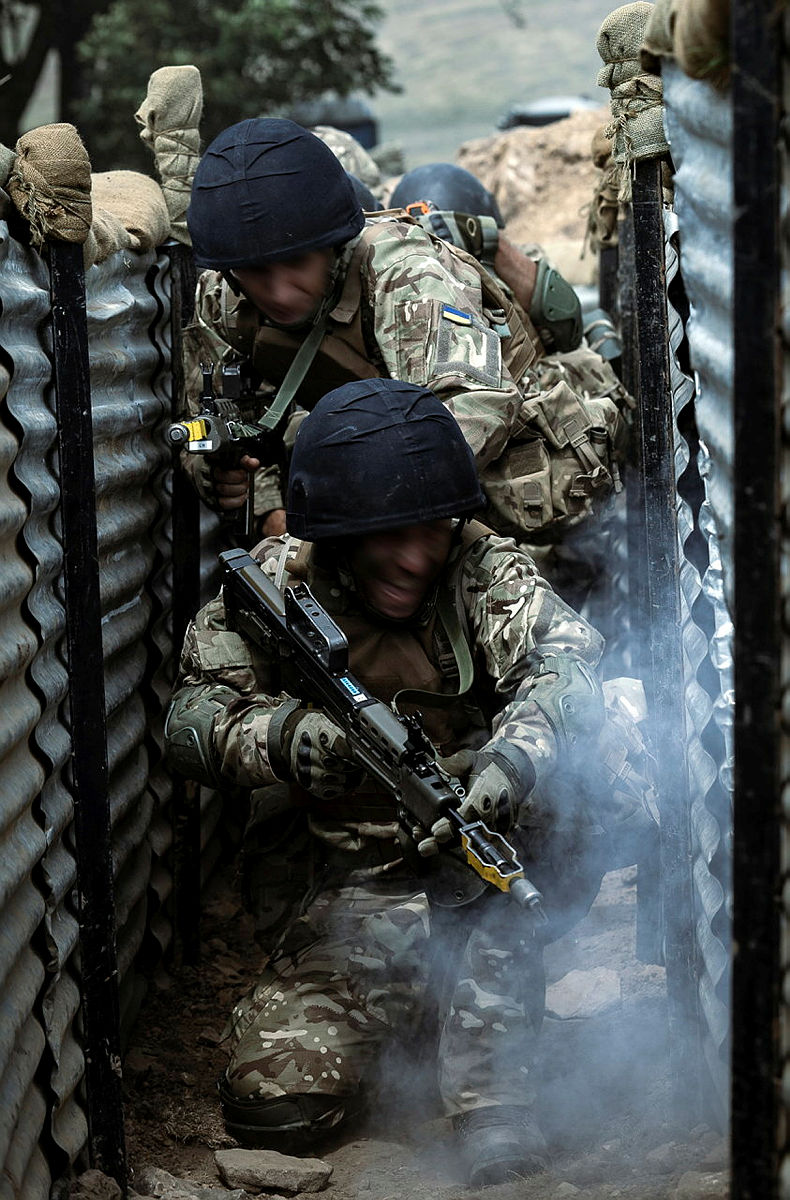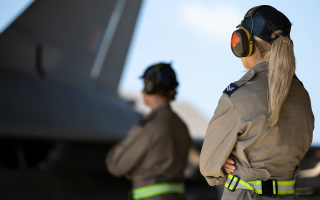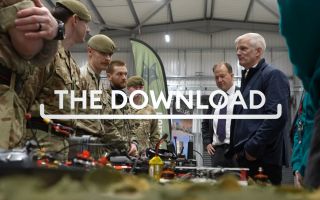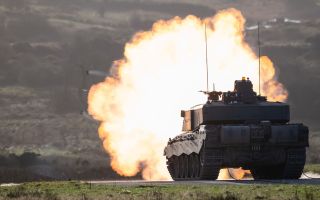Why bugling and doing things differently is central to The Rifles' ceremonial drill
The ceremonial drill of The Rifles is unique in the British Army.
The soldiers march differently and dress differently – and at the fundamental heart of this is the bugle.
Buglers from 3 Rifles have been discussing how important the instrument is to the identity of the regiment and the history behind it.
Major Toby Foster explained to BFBS Forces News why The Rifles is different and how it dates back to the origins of the regiment.
"Bugling and the bugle is central to The Rifles' identity, it's a manifestation of how we approach soldiering," he said.
"We were – from our beginnings – required to operate differently and that is manifested in our drill.
"The rest of the Army marches at 120 paces to the minute. We march at 140, but we have a second gear, the double.
"It's all about our origins, about getting into the battle first, moving around the action quickly and remaining relevant to wherever people needed us.
"Other soldiers would form in mass, often in line, rallied around the Colour and marshalled into action through the beating of a drum or through a voice.
"The earliest Riflemen were required to operate differently; they were often operating at distance from the rest of the main body and often in a dispersed way.
"Because of that they needed a different way of communicating - and that different way was the bugle."
He added the use of the bugle "speaks to our ability to innovate and our reliance on self-discipline".

Lance Corporal Benjamin Buckles, Commanding Officer's Bugler, 3 Rifles, explained to BFBS Forces News that when Riflemen are on parade they are not made to stand to attention, and instead are stood at ease.
He said it is a privilege to belong to the regiment, and the bugle is central to that.
"It's the regimental identity, really, I mean we wear it on our cap badge every day - bugling is the forefront of the regiment."
Rifleman Jordi Hubert echoed LCpl Buckles's sentiment, adding that buglers are "the face of the regiment".
"You stand out, it's good," he said. "Everyone loves the sound of the bugle anyway, so it's just a great feeling.
"Especially [when] you get proud of the regimental history behind it."









